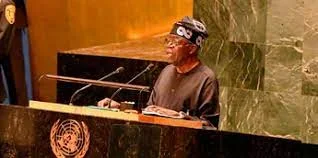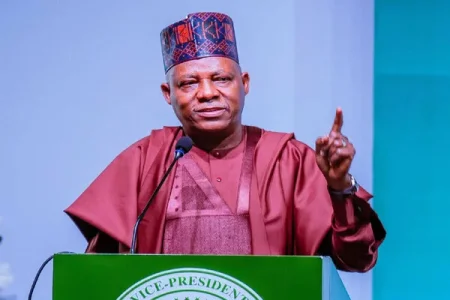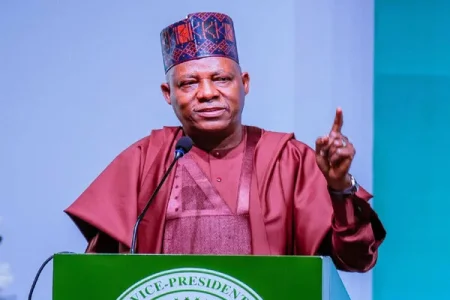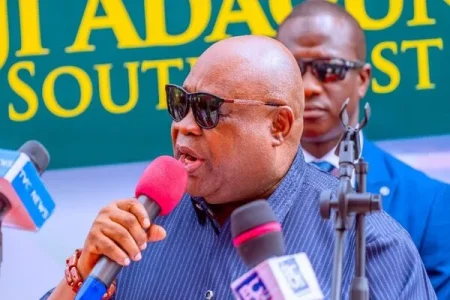
President Bola Ahmed Tinubu delivered a powerful inaugural address at the 78th session of the United Nations General Assembly (UNGA), highlighting critical global and African issues. His address emphasized the need for Africa to overcome the constraints of foreign exploitation to unlock its vast potential and achieve prosperity through democratic principles.
In his speech, President Tinubu called upon the international community to prioritize African development as an essential investment, address climate change, and promote international cooperation. Below is the full text of President Tinubu's address:
Mr. President,
Heads of State and Government, Secretary-General,
Distinguished Delegates, Ladies and Gentlemen,
Mr. President,
On behalf of the people of Nigeria, I congratulate you on your well-deserved election as President of this Session of the United Nations General Assembly. We commend your predecessor, His Excellency, Mr. Csaba Korosi, for his able stewardship of the Assembly.
We also commend His Excellency, Antonio Guterres, Secretary-General of the United Nations, for his work seeking to forge solutions to humanity’s common challenges.
This is my first address before the General Assembly. Permit me to say a few words on behalf of Nigeria, on behalf of Africa, regarding this year’s theme.
Many proclamations have been made, yet our troubles remain close at hand. Failures in good governance have hindered Africa. But broken promises, unfair treatment, and outright exploitation from abroad have also exacted a heavy toll on our ability to progress.
Given this long history, if this year’s theme is to mean anything at all, it must mean something special and particular to Africa.
In the aftermath of the Second World War, nations gathered in an attempt to rebuild their war-torn societies. A new global system was born, and this great body, the United Nations, was established as a symbol and protector of the aspirations and finest ideals of humankind.
Nations saw that it was in their own interests to help others exit the rubble and wasteland of war. Reliable and significant assistance allowed countries emaciated by war to grow into strong and productive societies.
The period was a high-water mark for trust in global institutions and the belief that humanity had learned the necessary lessons to move forward in global solidarity and harmony.
Today and for several decades, Africa has been asking for the same level of political commitment and devotion of resources that described the Marshall Plan.
We realize that underlying conditions and causes of the economic challenges facing today’s Africa are significantly different from those of post-war Europe.
We are not asking for identical programs and actions. What we seek is an equally firm commitment to partnership. We seek enhanced international cooperation with African nations to achieve the 2030 agenda and Sustainable Development Goals.
President Tinubu outlined five critical points in his address:
- Global institutions and nations must prioritize African development as an investment, recognizing that Africa's economic structures have faced challenges that hinder progress, job creation, and wealth distribution.
- Democracy must be upheld as the best guarantee for the sovereign will and well-being of the people, with a strong rejection of military coups and any political arrangements that perpetuate injustice.
- Africa faces security challenges, particularly violent extremism, and calls for international cooperation to combat this threat. President Tinubu emphasized the need to disband extremist groups in Africa.
- African mineral-rich areas must be protected from pillaging and conflict. The international community is urged to deter firms and individuals from exploiting these resources.
- Climate change impacts Africa significantly, and the continent seeks to address it on its own terms. President Tinubu highlighted projects promoting economic growth and climate change objectives, calling for international support and investment.
President Tinubu's UNGA address underscores Africa's determination to break free from exploitation and to chart a path toward equitable prosperity and progress. It highlights the continent's importance in shaping the world's future.




